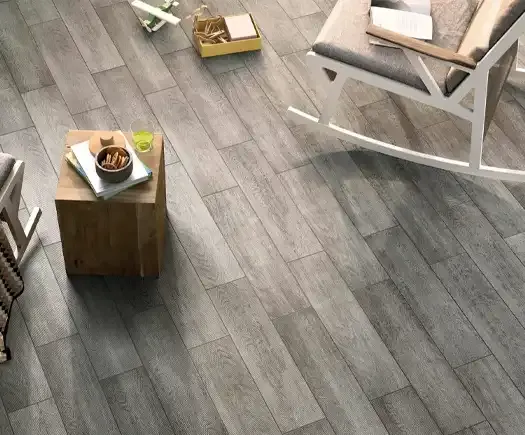Steps to Successfully Install Laminate Flooring in Your Home
A Step-by-Step Guide to Rolling Out Laminate Flooring
Laminate flooring has become an increasingly popular choice for homeowners and businesses alike due to its durability, affordability, and aesthetic appeal. Whether you are renovating your home or looking to enhance your office space, installing laminate flooring can be a great way to achieve a fresh look. This article aims to provide a comprehensive guide on how to roll out laminate flooring efficiently and effectively.
What is Laminate Flooring?
Before diving into the installation process, it is essential to understand what laminate flooring is. Laminate flooring is a multi-layer synthetic flooring product that is fused together through a lamination process. It usually consists of four layers the wear layer, design layer, core layer, and backing layer. This construction makes laminate flooring resistant to scratches, stains, and fading while imitating the look of natural materials like wood or stone.
Preparation Tools and Materials
Before rolling out your laminate flooring, gather all necessary tools and materials. You will need
1. Laminate flooring planks 2. Underlayment (if not pre-attached) 3. Measuring tape 4. Saw (circular saw or laminate cutter) 5. Spacers 6. Straightedge 7. Tapping block and pull bar 8. Safety goggles and gloves
Step 1 Measure Your Space
Accurate measurements are crucial for a successful laminate installation. Start by measuring the length and width of the room where you plan to install the flooring. To calculate the number of planks needed, multiply the length by the width to find the area in square feet. Always purchase an additional 10% to account for waste due to cuts and miscalculations.
Step 2 Prepare the Subfloor
A smooth, clean, and dry subfloor is essential for installing laminate flooring. Remove any old flooring materials, nails, or debris. If you're installing over concrete, check for moisture levels, and consider applying a vapor barrier. In the case of wood subfloors, ensure they are level and free of any protruding nails or screws.
Step 3 Install Underlayment
If your laminate flooring planks do not come with an attached underlayment, roll out the underlayment over the entire subfloor before installing the laminate
. This layer serves to provide cushioning, moisture protection, and sound insulation.roll out laminate flooring

Step 4 Acclimate Your Flooring
Allow the laminate planks to acclimate to the room's temperature and humidity for at least 48 hours before installation. This step helps prevent issues such as expansion or contraction after installation.
Step 5 Begin Installation
Start in a corner of the room, placing the first plank with the tongue side facing the wall. Use spacers between the plank and the wall to allow for expansion. Continue laying the planks in rows, snapping them together at the tongue-and-groove edges. Use the tapping block to ensure a tight fit without damaging the planks.
Step 6 Cutting Planks
As you reach the end of each row, measure and cut planks to fit. Always remember to leave the expansion gap around the edges. You can use leftover pieces from the previous row for the first piece of the next row, ensuring a staggered look.
Step 7 Finishing Touches
Once all planks are in place, remove spacers and install trim or molding to cover the expansion gap and give your flooring a polished look. If you have doorways, consider using transition strips for a smooth transition from one room to another.
Step 8 Clean and Enjoy
After the installation is complete, clean the surface of your new laminate flooring using a damp cloth or a suitable laminate cleaner. Avoid excessive water, which can damage the laminate. Now, step back and admire your hard work—your new laminated floor is ready to impress!
Conclusion
Rolling out laminate flooring can seem daunting, but with the right preparation and steps, it can be a rewarding DIY project. Not only does it enhance the aesthetic appeal of your space, but it also adds value to your home. Follow this guide, and you'll be well on your way to enjoying your beautiful new laminate floors!
-
The Evolution of Luxury Flooring Guangzhou Enlio's JourneyAug.05,2025
-
Innovative Commercial Flooring Solutions from Guangzhou Enlio SportsAug.05,2025
-
Premium Interior Solutions with Quality Skirting OptionsAug.05,2025
-
Masking Tape The Essential Tool for Professional ApplicationsAug.05,2025
-
SPC Vinyl FlooringJul.18,2025
-
Home SPC FlooringJul.18,2025




